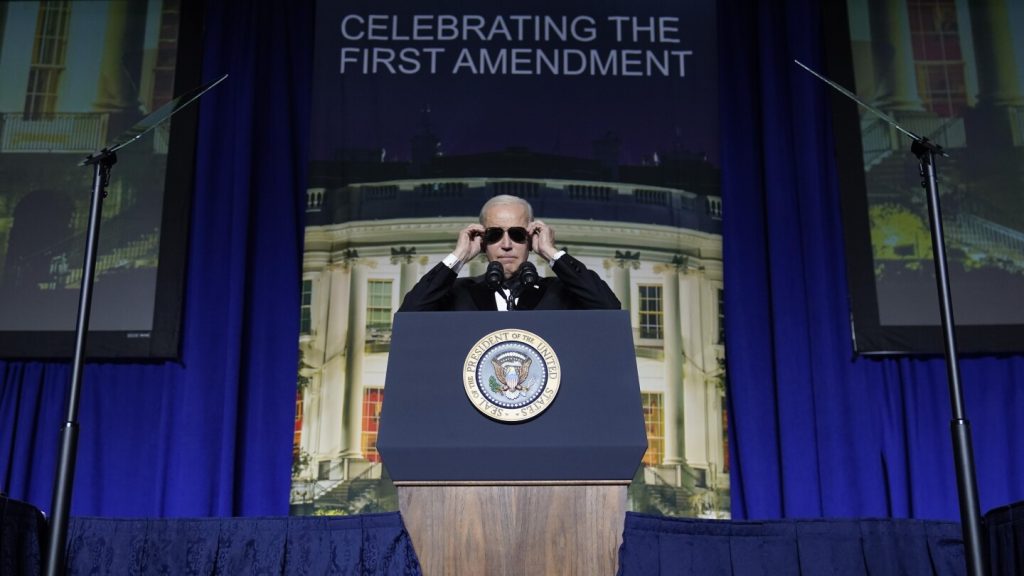Both presidential campaigns for the upcoming election have embraced the use of digital memes as a way to shape narratives and appeal to voters through social media. With the vast number of people using social media as their primary source of information, the battle of memes is seen as a crucial element that could influence the outcome of the November election. This shift towards digital spaces makes it increasingly difficult to reach people through traditional platforms for political advertising like print publications or television.
Memes are a popular and effective way to convey political messages quickly and edgier than traditional forms of communication. They have been around longer than many people realize, originating with British evolutionary biologist Richard Dawkins in 1976 to refer to imitated and shared pieces of information. Memes have since evolved with internet culture and now take the form of visual content like images or videos with messages that resonate with specific audiences based on their knowledge or group membership. While some memes are created deliberately by politicians, others have been unintentionally sparked with significant impact on campaigns.
Both candidates, Joe Biden and Donald Trump, have developed distinct strategies for utilizing memes in the political arena. Biden’s campaign has taken a proactive approach by creating a stockpile of photos and videos for distribution on official accounts and partnering with third-party creators to reach a broader audience. Meanwhile, Trump, known for his prolific use of social media, has long embraced memes and shares them frequently along with his political aides and family members. Examples of their content range from mocking conspiracy theories about Biden to glorifying Trump in exaggerated ways.
Despite the potential benefits of using memes for political messaging, there have been instances where they’ve gone wrong and caused controversy. Trump and his campaign have shared memes that later stirred outrage, leading to backtracking or disavowal of certain content, such as antisemitic imagery or references to controversial topics. The use of memes by outside creators collaborating with political campaigns has also raised concerns about the spread of misinformation or offensive content that may harm candidates’ public image.
As the election approaches, the battle of memes between the two contenders intensifies, with both candidates having large followings on social media platforms. While it’s challenging to track the exact impact of individual memes or determine whose content is spreading further, the use of digital memes remains a crucial aspect of modern political communication. In an era where social media plays a significant role in shaping public opinion, memes have become powerful tools for engaging with voters and influencing their perceptions of political candidates and issues.


